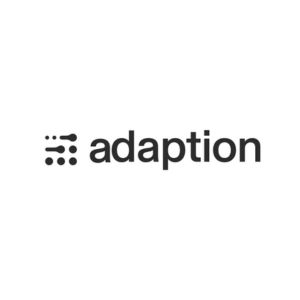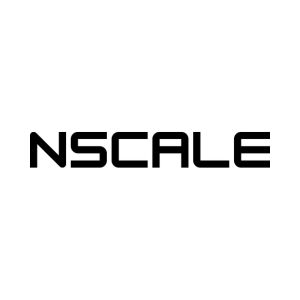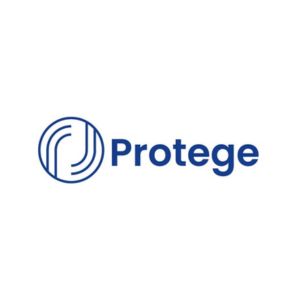Startups & Business News

Meta is making headlines with its ambitious plan to raise $29 billion to expand its AI data center infrastructure across the United States. This move isn’t just another round of tech fundraising—it’s a strategic shift that could reshape the landscape of artificial intelligence, digital infrastructure, and even the future of finance.
Why $29 Billion, and Why Now?
Meta, the parent company of Facebook, Instagram, and WhatsApp, is in advanced talks with private credit giants like Apollo Global Management, KKR, Brookfield, Carlyle, and Pimco. The company aims to secure $3 billion in equity and $26 billion in debt, marking one of the largest private credit financings ever attempted by a tech firm.
But why turn to private credit? For Meta, it’s about speed, flexibility, and privacy. Private credit deals offer custom terms and less public scrutiny compared to traditional bond markets, which is increasingly attractive in the current climate of rapid AI innovation and fierce competition.
The Race for AI Supremacy
Meta’s CEO, Mark Zuckerberg, has made it clear: the company is prepared to spend tens of billions annually on AI infrastructure, with capital expenditure guidance for 2025 now between $64 billion and $72 billion. This isn’t just about keeping up with the likes of Google, Amazon, and Microsoft (the latter plans to spend $80 billion on data centers this year)—it’s about owning the next generation of AI compute power.
Meta’s new data centers are being designed for AI-intensive workloads, requiring gigawatt-scale power—some facilities will rival the output of nuclear plants. The company is also investing heavily in renewable energy and has signed its first nuclear energy agreement to support these operations.
Private Credit Powers the AI Data Center Boom
The private credit structure Meta is considering could include a leaseback model, where investors fund and own the data centers, then lease them back to Meta. This approach reduces upfront capital costs and mirrors strategies used by other tech giants. The debt is expected to carry terms such as SOFR plus 375–425 basis points with a 7–10 year tenor, and may feature delayed-draw tranches for added flexibility.
This financing model is quickly becoming the norm as U.S. data center financing is projected to hit $60 billion in 2025. Private credit offers a way for tech companies to scale fast without overexposing themselves in public markets.
Beyond Tech: Implications for Finance and Crypto
Meta’s investment isn’t just about building more data centers. It’s about laying the groundwork for advanced AI-driven financial technologies. Enhanced AI infrastructure could power smarter DeFi platforms, automated smart contracts, and real-time fraud detection—potentially bridging the gap between traditional banking and the crypto world.
As banks and financial institutions look to integrate crypto services, Meta’s AI capabilities could provide the real-time data analysis and regulatory compliance needed to make these integrations seamless and secure.
The Road Ahead
Meta currently operates 28 data center campuses globally, with more in the pipeline. The company aims to house over 1.3 million AI processors by 2026. While the scale is massive, analysts caution that the monetization of these investments is still catching up with the pace of spending. If finalized, the $29 billion deal could result in an estimated $2.3 billion annual interest burden, raising questions about long-term sustainability.
Still, Meta’s bold move signals a new era in AI infrastructure—one where private capital, renewable energy, and cutting-edge technology converge to shape the digital economy of tomorrow.
Key highlights:
Meta seeks $29B for U.S. AI data center expansion.
Private credit deal with Apollo, KKR, Brookfield, and others.
Focus on AI-intensive workloads, renewable and nuclear energy.
Implications for DeFi, crypto, and the broader financial ecosystem.
Race with Amazon, Google, and Microsoft for AI supremacy.
This is not just a funding round—it’s a signal that the next wave of AI innovation will be built on an unprecedented scale, with Meta determined to lead the charge.

futureTEKnow
Editorial Team
futureTEKnow is a leading source for Technology, Startups, and Business News, spotlighting the most innovative companies and breakthrough trends in emerging tech sectors like Artificial Intelligence (AI), Robotics, and the Space Industry.
Discover the companies and startups shaping tomorrow — explore the future of technology today.
Most Popular
Trending Companies
Latest Articles
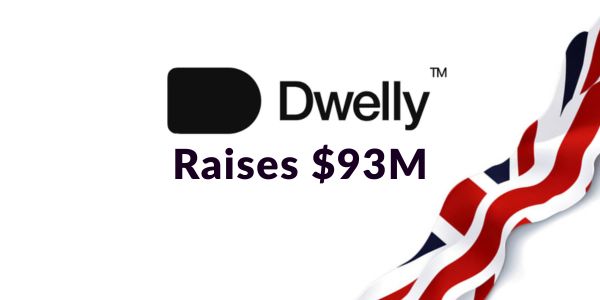
Dwelly Raises $93M to Supercharge AI-Powered UK Rentals Roll-Up
London startup Dwelly just landed $93M to snap up UK rental agencies and inject AI smarts. Founders from Uber and

Encord Raises $60M Series C: Fueling Physical AI Data Wave
Encord just landed $60M in Series C funding to supercharge data tools for physical AI. Founders Eric Landau and Ulrik

Foodforecast Raises €8M Series A to Slash Ultra-Fresh Food Waste with AI
Foodforecast, a Cologne AI foodtech firm, just scored €8M in Series A funding led by SHIFT Invest. Their tools predict

AI-Driven Operational Excellence: How Leaders Scale Ownership, Discipline, and Continuous Improvement in 2026
In 2026, AI scales operational excellence fundamentals—clear ownership, disciplined execution, and continuous improvement—letting leaders focus on outcomes while systems handle

VoiceLine raises €10M to scale voice AI for enterprise frontline teams
Munich-based VoiceLine has closed a €10M Series A round to grow its voice AI platform for frontline sales and service

AI-Driven Logistics & Distribution Transformation: From Insight to Scalable Impact
AI is redefining logistics transformation—from network design to real-time execution. This article explores how data-driven insight, intelligent automation, and scalable
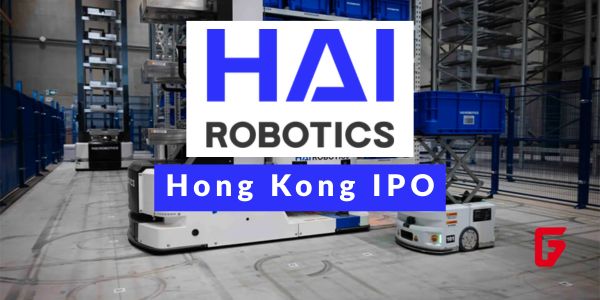
Hai Robotics Hong Kong IPO: From Startup Funding to Warehouse Robot Leader
Shenzhen’s Hai Robotics, pioneer in ACR warehouse robots, files for HK IPO after raising over $500M in funding rounds led

AI-Enabled Process Engineering & Continuous Improvement: Designing Systems That Learn
Explore how AI transforms process engineering and continuous improvement into self-learning systems. This article explains how organizations can design operations
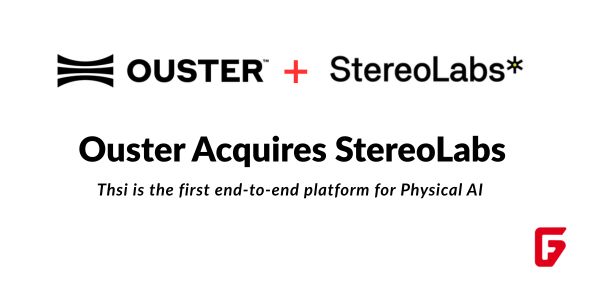
Ouster Acquires StereoLabs: Unified Physical AI Sensing Platform Launches
Ouster’s $35M StereoLabs acquisition fuses lidar and ZED cameras into end-to-end Physical AI sensing. Founders Cecile Schmollgruber and team drive
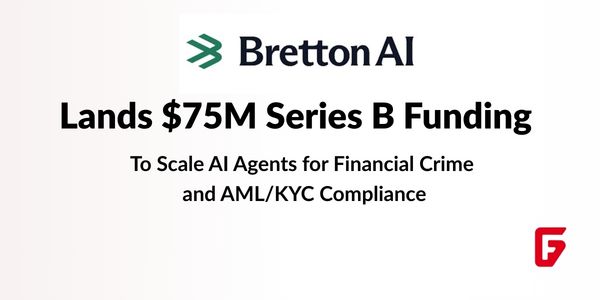
Bretton AI Lands $75M Series B Funding to Scale AI Agents for Financial Crime and AML/KYC Compliance
Bretton AI’s $75M Series B modernizes AML KYC compliance via AI agents, slashing staffing costs for banks and fintechs like

Axiom Space Raises $350M to Build Commercial Space Station and NASA Spacesuits
Axiom Space has locked in a fresh $350M raise to push its commercial space station and NASA lunar spacesuits toward

Santé Raises $7.6M Seed: AI Fintech Revolution for Wine and Liquor Retail
New York startup Santé secures $7.6M seed to build AI-powered POS for liquor stores, tackling regs & inventory woes after
futureTEKnow is focused on identifying and promoting creators, disruptors and innovators, and serving as a vital resource for those interested in the latest advancements in technology.
© 2026 All Rights Reserved.
